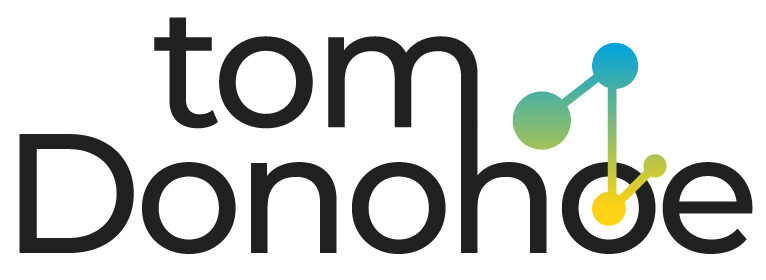Back to work – the grand return or the grand resignation?

Remote work is not new by any means, but it has finally been given the attention that it deserves due to the pandemic.
As businesses scrambled for survival in the spring of 2020, working at home was adopted as a standard. Employers offered remote work opportunities to their staff whenever possible.
In the US, where 1 in 5 Americans say they worked from home before the pandemic (https://www.pewresearch.org/social-trends/2020/12/09/how-the-coronavirusoutbreak has changed the way Americans work/), more than a third of professionals started working remotely during the pandemic. One in five Americans said they worked from home prior to the pandemic. More than a third started working from home .
Several remote-working studies (including a MIT survey) suggest that many leaders of business believe that embracing the remote-working model boosts productivity while fostering innovation.
Remote working has revolutionized the workplace, giving people the flexibility and freedom to pursue their career without the constraints of traditional office practices.
Many employers, despite highlighting the benefits and opportunities of working at home, have demanded a return to the workplace as the pandemic began to level out in the third quarter of 2021.
Remote or hybrid working
Remote working is now a common part of the modern world, just as marketing has completely changed after Covid-19. It may take some time for the “new normal” to become established.
A Slack Survey found that many workers prefer the new hybrid way of working. Nearly three quarters preferred a hybrid arrangement. Only 12% wanted to work at the office full-time, and 13% wanted to work from home.
Due to the Covid lockdown, certain platforms and technologies like Zoom, Slack and Google Meet have become indispensable for companies and employees. Many companies have introduced schedules and staggered groupings to minimize contact as the return to work is taking place gradually across the globe. Many companies are moving towards hybrid or remote models that allow people to choose their own schedules and work styles.
The Great Resignation
Every change has consequences and just as employers have been asking their employees to head back into the office and fit back into more geographically-focused and rigid work routines, a mass exodus has started to unfold–in the form of resignations. Many professionals have left companies who are trying to eliminate the flexible and remote working situations that they’ve become accustomed to. This includes marketing creatives.
What is driving the great resignation? US-based studies show that a sizable 60% will leave their jobs if they are forced to go back to work. The main reasons for this are not having to commute (83%), saving money (74%), or time (69%).
Working from home is not for everyone. However, the issue seems to be more about a lack in autonomy than a refusal to go back to work. A lack of focus on flexible hybrids that combine remote work and office-based working may make many professionals feel forced to return to their workplace.
Telecommuting is a proven method that can be used to remain productive and more progressive. However, the U-turn many companies are taking could prove to be damaging. After all, a business thrives on its employees.
Securing a better future for remote work
Digital marketing jobs are some of the most rewarding and lucrative remote-based positions. Unremot’s remote-office platform conducted a survey that revealed the top 10 remote jobs. These include content writers and social media managers.
The same study shows that remote workers earn more than their counterparts who work in offices, including those located in the UK, US and Hong Kong (China), Spain as well as The United Arab Emirates and New Zealand. A significant number of highly-paid freelancers are digital nomads who travel the world.
You can increase your odds of finding a remote job by improving your digital marketing skills.
There are many opportunities available, no matter where you live. You can become a digital marketer or even advance your career.
You can increase your chances of success as a digital marketing professional by acquiring professional skills and qualifications. With the right credentials and skills, you can find a job at a company that is forward-thinking and values flexible working. You could also become a freelancer, affiliate marketing or a nomad.
Here are a few of the essential digital marketing skills.
- Content Marketing and writing in all media from blogs to podcasts and video production
- Data Analytics and Visualization
- Search engine marketing (SEM), and search engine optimization
- Pay-per-click , performance marketing, and paid advertising
- Mobile Marketing and Mobile Optimization
- User Experience (UX). Testing & Design and Visual or Multimedia Design.
The Future of Work
The pandemic was devastating in many ways, but one positive is that it has accelerated the revolution of remote working. Some employers are at risk of losing vital talent due to organizational shortsightedness, and a refusal to embrace the future.
This shift in attitude is evident by the exodus of talent professionals who are saying No when employers try to push them back into an office. If you possess the necessary skills, there are many opportunities for digital marketers to succeed in the digital world.
Earning a certification will help you break into the digital marketing industry. Join our internationally recognized Professional Degree in Digital Marketing to get ahead.





